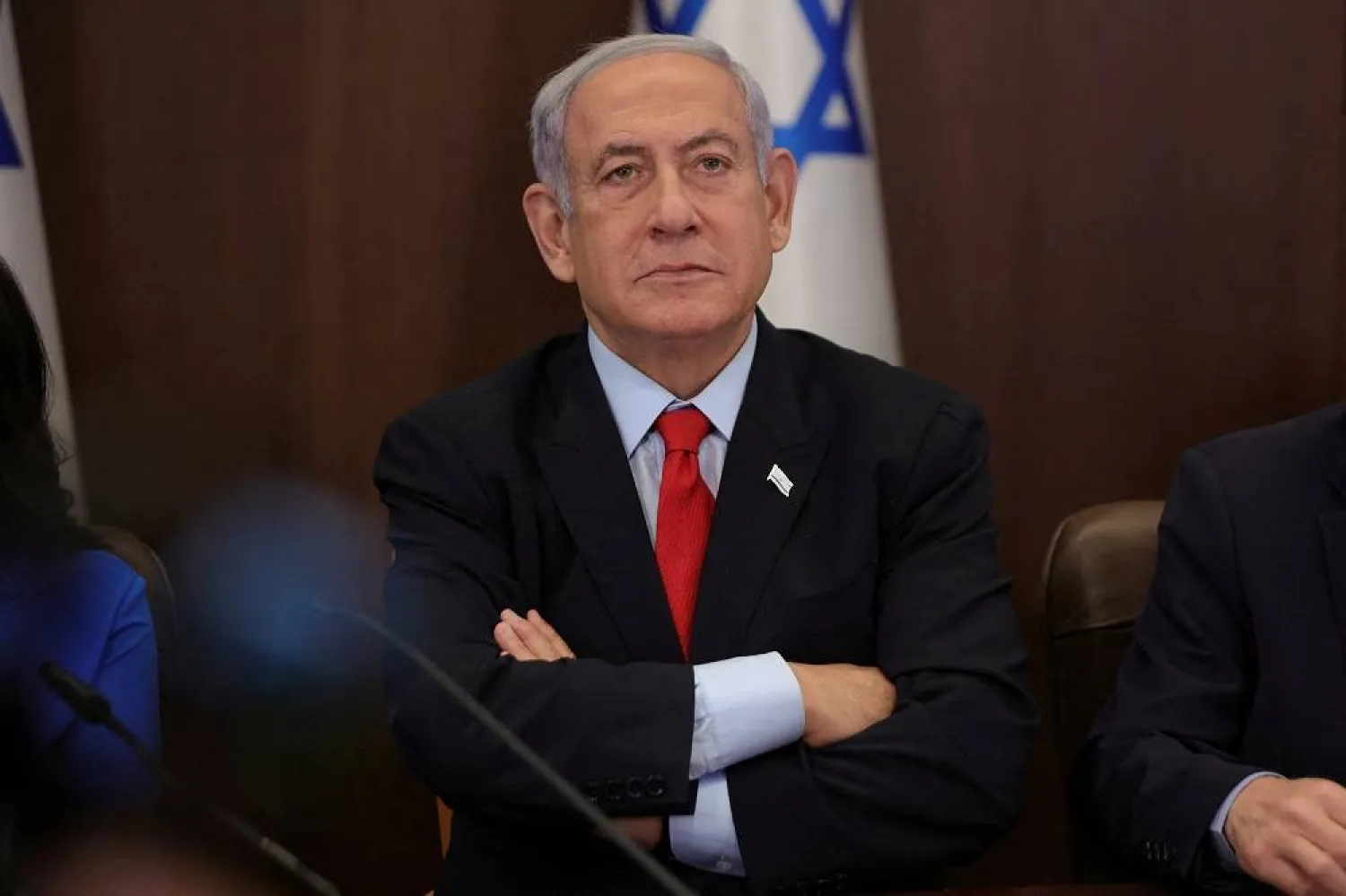Prime Minister Benjamin Netanyahu has offered Israeli military reservists protesting against his judicial overhaul plan a nominal olive branch, cooling his earlier censure of them as concerns for the country's war-readiness mount.
Protest leaders say thousands of reservists have stopped reporting for duty. Among them are hundreds of air force pilots or navigators whose absence from weekly refresher flights means that by next month they may no longer qualify for combat.
As Israel faces potential flare-ups with Iran, Lebanon and the Palestinians, Netanyahu raged, in a cabinet recording leaked to a TV station on July 12, against what he deemed "insubordination" that threatened military capabilities.
The protesters have bristled at the term, noting that many of the reservists are designated as volunteers and arguing that their no-shows were a last resort to defend Israeli democracy.
Convening the top brass for consultations on the crisis late on Sunday, Netanyahu changed his language somewhat, saying in a statement he "utterly rejected the phenomenon of conditional reserve duty".
"Brothers in Arms", a reservist protester group, seemed unmoved by the gesture, accusing Netanyahu of playing down risks to military readiness.
The seeping of the reform furor into the armed forces, which Israelis long viewed as an apolitical melting pot, could be exacerbated by an unprecedented showdown among branches of government next month.
The Supreme Court will on Sept. 12 hear arguments against a bill limiting some of its powers to void government decisions, which was ratified in a parliament controlled by Netanyahu's religious-nationalist coalition.
‘Limited’ impact
Netanyahu has been hazy on whether he would heed a ruling against the law. He has argued that the court meddles in his mandate and reminded the military that, in a democracy, it is subordinate to the elected government.
Such debating was akin to "dancing on the deck of the Titanic", Amos Gilad, a retired Israeli military intelligence general and regional analyst, told Army Radio on Monday, referring to perceptions of the country as vulnerable to its foes.
The military has so far acknowledged a "limited" impact from the reservist protest, citing the loss of some veteran instructors from the air force's flight school.
It has also said more than half of crews that take part in bombing runs in Syria and elsewhere are reservists, signaling the possible impact of the protest on ongoing combat operations.
National Security Adviser Tzachi Hanegbi declined to expand on Israel's military readiness in an Army Radio interview.
"There are matters to which our enemies' ears should not be exposed. As of now, the IDF (Israel Defense Forces) can handle its missions and the goal is to put this matter behind us," he said.









